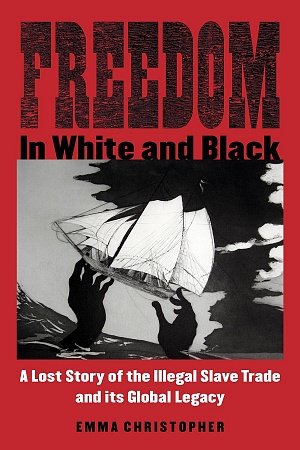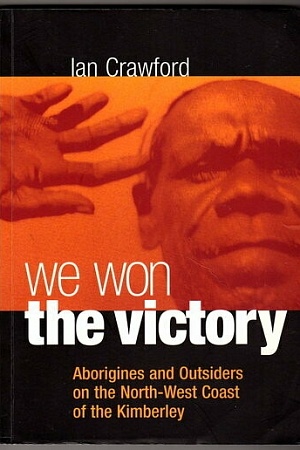The English Text of the Treaty of Waitangi
Bridget Williams Books, NZ$69.99 hb, 732 pp
Looking across the ditch
Across the past fifty or more years, indigenous peoples in Australia, Canada, and New Zealand have increasingly made political and legal claims about sovereignty and land. As this has occurred, numerous scholars in a broad range of disciplines – especially law and history – have tried to explain how these two matters were dealt with by the British empire in the seventeenth, eighteenth, and nineteenth centuries. Often that work has been done in the hope that it will bolster the indigenous peoples’ claims or redeem the settler societies whose legitimacy has been drawn into question because of their unjust treatment of First Peoples.
In these circumstances, many Australians have looked across the ditch in envy. They have been convinced that New Zealanders are better able to tackle these difficult matters because their ancestors made a historic agreement – the Treaty of Waitangi – at the very outset of colonisation on the basis that its indigenous people were sovereign and owners of all the land, thereby enabling both Pākehā and Māori New Zealanders today to make moral, political, legal and constitutional claims in regard to authority, rights and history that are accepted in Aotearoa New Zealand in ways they are evidently not in Australia, hence the Uluru Statement’s call for truth-telling, treaty-making, and an Indigenous voice to parliament.
Unbeknown to most Australians, this conviction owes more to a particular kind of history-making than it does to any uncontested body of historical fact. As one New Zealand historian pointed out many years ago, little of the historical writing about the Treaty of Waitangi has been executed in a manner that would satisfy the English historian Herbert Butterfield’s famous dictum that historians should seek to understand the past on and in its own terms. Indeed, much of it has been designed to meet some contemporary purpose. This has especially been the case when the history-making has taken the form of foundational history. This is a kind of historical work in which an author claims that some event or text was the product of moral or political or legal principles that founded the nation. Consequently, it resembles mythic rather than scholarly history, and thereby provides an egregiously incomplete account of the past.
Continue reading for only $10 per month. Subscribe and gain full access to Australian Book Review. Already a subscriber? Sign in. If you need assistance, feel free to contact us.















Leave a comment
If you are an ABR subscriber, you will need to sign in to post a comment.
If you have forgotten your sign in details, or if you receive an error message when trying to submit your comment, please email your comment (and the name of the article to which it relates) to ABR Comments. We will review your comment and, subject to approval, we will post it under your name.
Please note that all comments must be approved by ABR and comply with our Terms & Conditions.